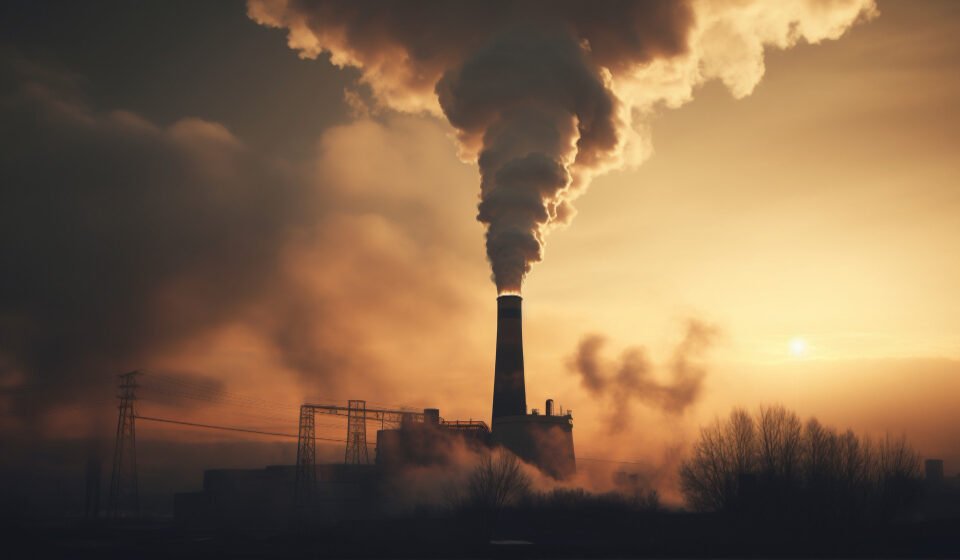
Sample Post
January 16, 2024
Waste Management in Chemical Industry
January 16, 2024Materials Advances publishes review articles on topics across materials science, which are open access and free to read. To celebrate our excellent review articles, we asked the authors of some of our most well-received review articles to discuss their work in more detail.
In this post, we share insights from our interview with Krishanu Ghosal and learn more about the authors of recently published paper Recent advances in chemical recycling of polyethylene terephthalate waste into value added products for sustainable coating solutions – hope vs. hype.
What aspect of your research are you most excited about at the moment?
“In this polymer age, the unprecedented escalation in the production, consumption, and disposal of post-consumer polymeric waste materials has become a critical environmental concern of paramount importance. According to a World Bank report, in 2016, the global production of plastic waste reached a staggering 242 million tonnes, constituting approximately 12% of the total solid waste generated worldwide. Historically, a significant portion of this plastic waste has been managed through methods such as landfills or incineration.
To address this escalating issue, researchers are now concentrating on the 3R (reduce, recycle, and reuse) concept of plastic products. Currently, I am specifically working on the recycling of plastic waste into value-added chemicals, which can serve as raw materials or intermediates for the creation of new materials, including novel biodegradable polymers. More precisely, my work involves developing new classes of biodegradable polymers derived from recycled polymeric materials waste focusing on biomedical and coatings applications.”
What do you find most challenging about your research?
“I feel that, the most challenging part about my research is translation of technology from lab to commercial scale. It’s common for reactions, processes, or technologies that prove effective in a lab setting to encounter significant drawbacks when implemented on an industrial scale. This challenge is particularly pronounced in the field of polymer recycling, where there has been a surge in research articles. Unfortunately, only a handful of these innovations make it to commercialization while maintaining socio-economic viability.
A noteworthy observation is the disparity between the promising laboratory results and the practical hurdles faced during industrial implementation. A recurring issue is the elevated cost of recycled raw materials compared to readily available fresh raw materials in the market, which diminishes the feasibility of recycling initiatives. Additionally, it’s imperative to consider the environmental impact of the recycling process. An ideal recycling method should not only be economically viable but also environmentally sustainable, ensuring a carbon-neutral or even negative footprint, while avoiding the generation of harmful chemicals throughout the entire process.”




